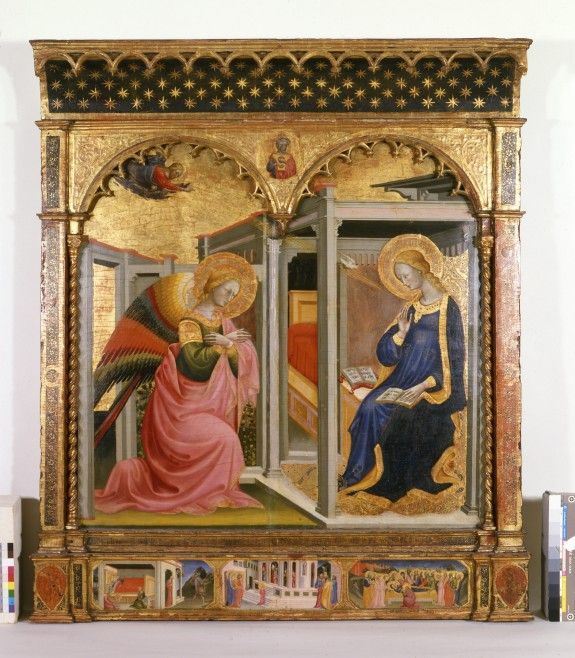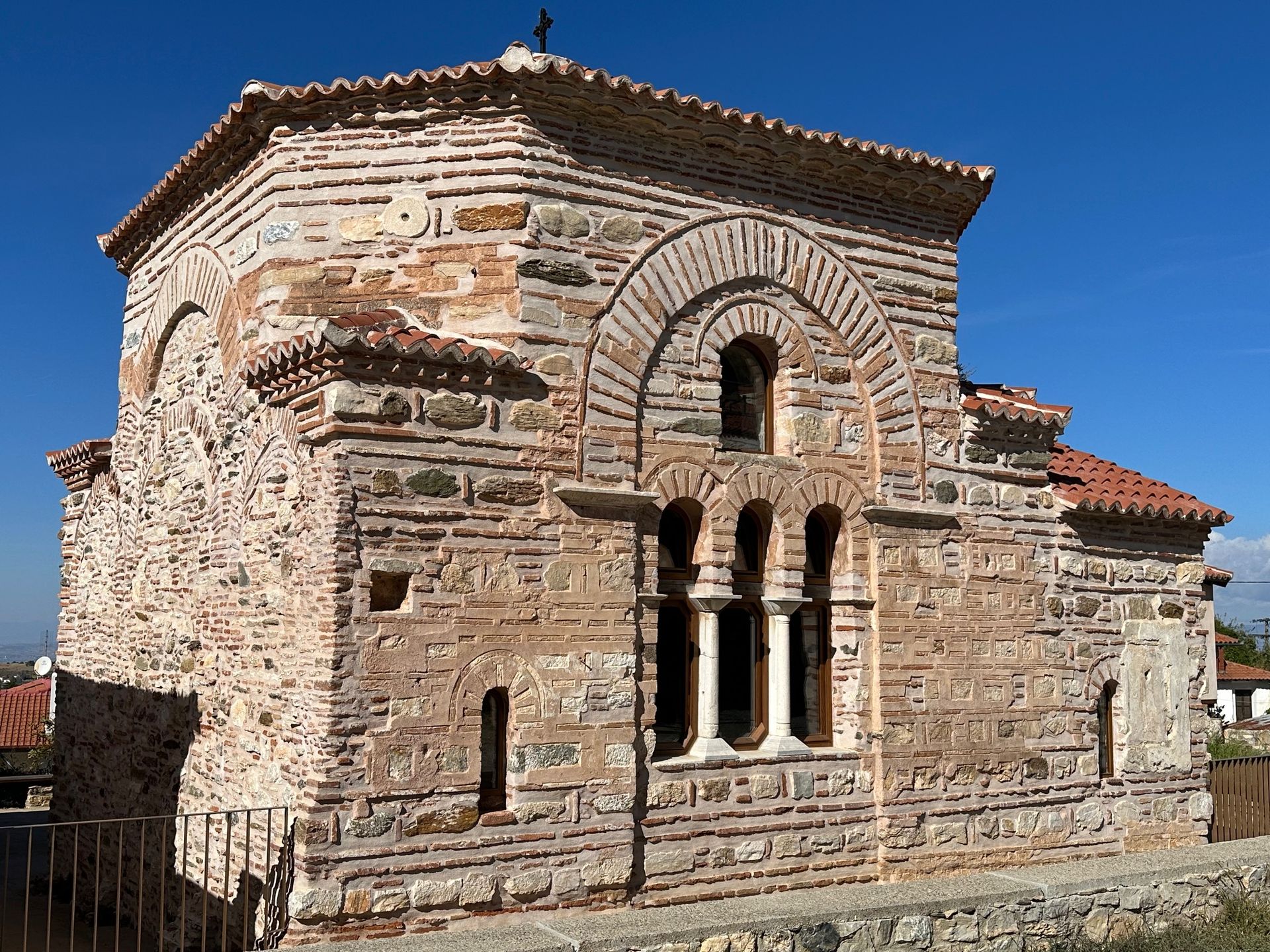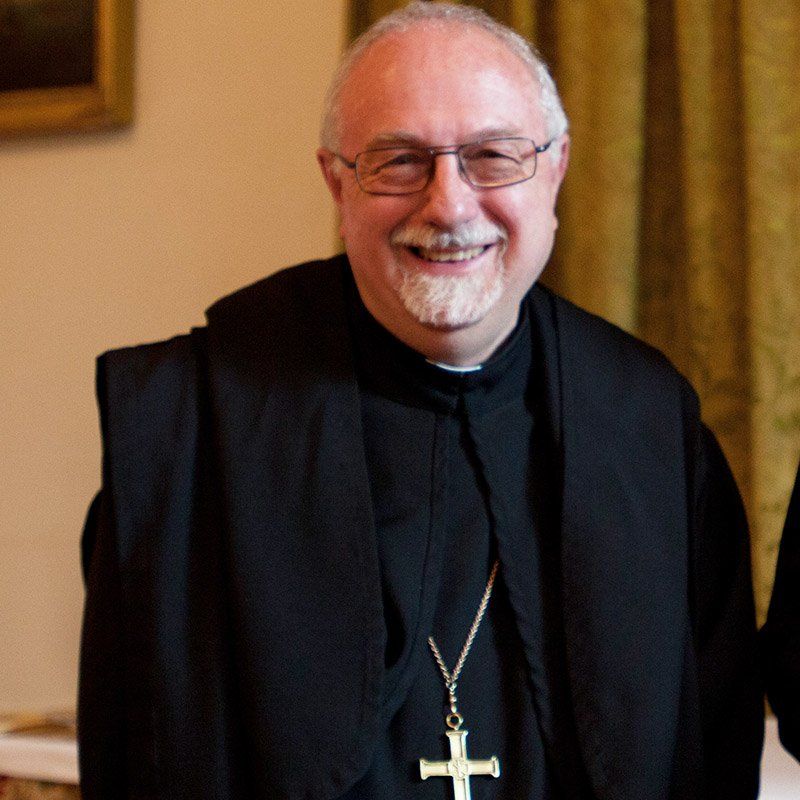Message from Fr Paul for Sunday 15th May

I’ve been so busy since I came back from Spain that any advantage of a few days break from routine soon evaporated into a distant memory! I often think to myself, ‘Now I know why it’s called eternal rest.’ Yesterday, I was so tired after a wedding, that I fell asleep at my desk and only just woke up in time for the 4pm Vigil Mass, rushing down to church, but leaving the bidding prayers behind. Still, it’s good exercise for my tired old legs. I envy Toby who is able to rest as much as he likes!
It’s already the fifth Sunday of Easter and we continue reading the Gospel of John, (Jn 13: 31-35), a very short passage taken from the Farewell Discourse of Jesus, words spoken to his disciples during the Last Supper. We must never forget that the Gospels are not biographies of Jesus, but a theological re-reading of the events of his life in the light of Easter and Pentecost and the experience of the life of faith of the primitive Church. We must always bear this in mind when reading the Gospels and praying over them. This is why we can fruitfully read the Farewell Discourse in Eastertide. After Jesus washes his disciples’ feet and the prophecy of betrayal, Judas leaves the others and goes in search of the high priests to haggle over the price for handing Jesus over to them, Jesus says to the Eleven:
“Now has the Son of Man been glorified,
and in him God has been glorified.
If God has been glorified in him,
God will in turn glorify him in himself,
and will glorify him very soon.
Jesus knows that he has been betrayed and yet he speaks of glory, glorify and glorification. The Son of Man is glorified in his Passion and Death as well as in his Resurrection. The three cannot be disconnected, but are the three aspects of the glorification of Jesus whereby he renders obedience to his Father in heaven and in that obedience gives glory to God.
Jesus then continues, saying:
“My little children,
I shall not be with you much longer.
I give you a new commandment:
love one another;
just as I have loved you,
you also must love one another.
By this love you have for one another,
everyone will know that you are my disciples.”
In saying that he will not be with them much longer, Jesus is referring not only to his arrest, trial and crucifixion, but also to his Ascension to the Father’s right hand from whence he will send the Holy Spirit on the disciples. Hence the urgency to insist upon the commandment of love, which the Holy Spirit of the God who is love will enable them to obey. Why is this a new commandment, when the Old Testament also taught the Hebrews to love their neighbour? It is new because it comes from Jesus and in Jesus, we learn exactly how God wants us to love. This is why Jesus says, “love one another as I have loved you.” This is not any love or a simple affective, human love, rather it is a sacrificial love, that not only costs us our lives, if necessary, but also makes us holy as God our Father is holy. Jesus always gives us food for thought, How will we bring others to God? Only by loving each other as Jesus loved us.
Fr Paul











